ADHD: Understanding Everything from Diagnosis to Treatment!
Today, I’m writing about a slightly different topic. It’s about ADHD. ADHD stands for Attention Deficit Hyperactivity Disorder, and you might have heard about it before. So, today, I’ll kindly explain everything about ADHD, from its diagnosis to treatment!
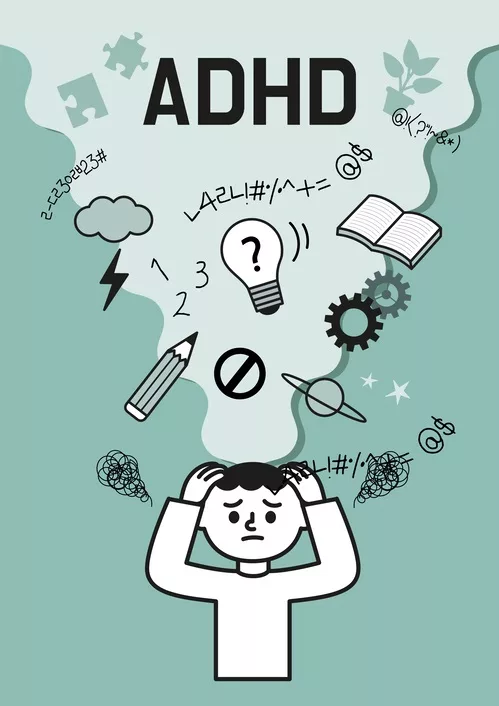
What is ADHD? – Overview and Basic Understanding
ADHD, short for Attention Deficit Hyperactivity Disorder, is a neurodevelopmental disorder. It’s mainly found in children and adolescents and shows various symptoms like attention deficit, hyperactivity, and impulsiveness. ADHD can cause difficulties in school, home, and interpersonal relationships, and proper understanding and support are needed.
ADHD can be caused by genetic factors and abnormalities in brain structure and function. Genetic factors show that ADHD is common within families, and abnormalities in brain structure and function are mainly related to the development of the frontal lobe and dendrite system. These factors interact to cause ADHD.
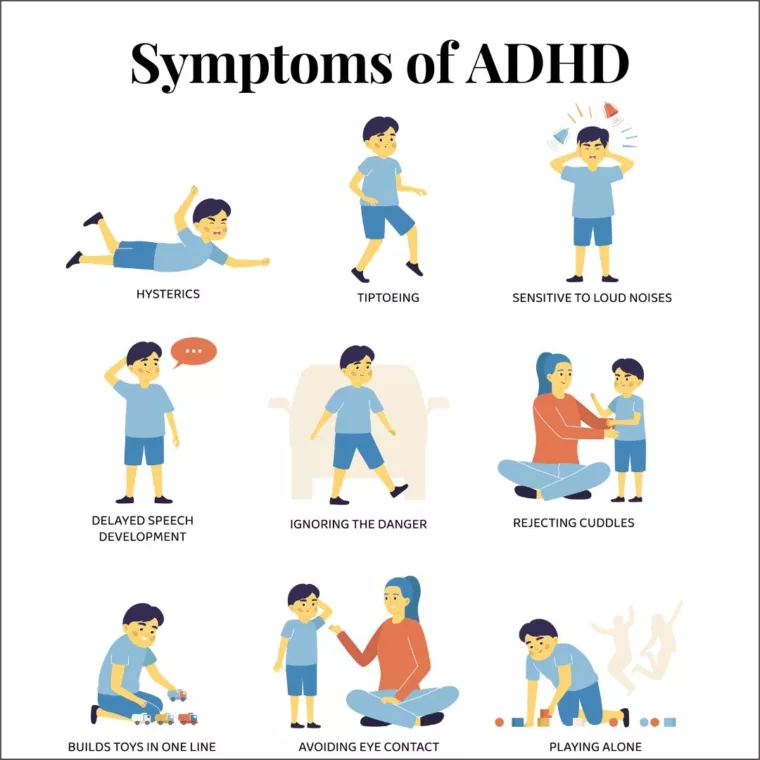
Causes and Mechanisms of ADHD
The exact cause of ADHD is still not fully understood, but various factors are known to be involved. Genetic factors can significantly influence the occurrence of ADHD, as it’s commonly found in families. Abnormalities in brain structure and function are also related to ADHD, where issues in the development of the frontal lobe and dendrite system can lead to symptoms.
Key Symptoms and Behaviors of ADHD
The main symptoms of ADHD include attention deficit, hyperactivity, and impulsiveness. Attention deficit means a lack of concentration and easily getting distracted, hyperactivity means a constant need to move, and impulsiveness means acting without thought. These symptoms can cause various difficulties in daily life, requiring treatment and management.
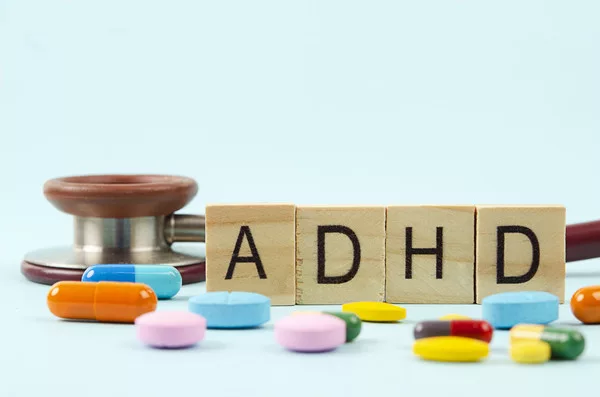
Procedures and Tests for Accurate Diagnosis
To accurately diagnose ADHD, evaluations by experts and various tests are needed. This includes assessing symptoms of attention deficit, hyperactivity, and impulsiveness, as well as checking for other neurological, psychological issues, and structural abnormalities. Through these procedures and tests, an accurate diagnosis can be obtained, which is important for the proper treatment and management.
What Parents and Patients Need to Know After Diagnosis
After being diagnosed with ADHD, there are important things for both parents and patients to know.
First, ADHD is a treatable condition, and symptoms can be alleviated, and functionality improved with proper management. Second, understanding and support are crucial, and support at home and school is very important for the success of individuals with ADHD. Lastly, both parents and patients should seek and utilize resources for psychological support and educational approaches.
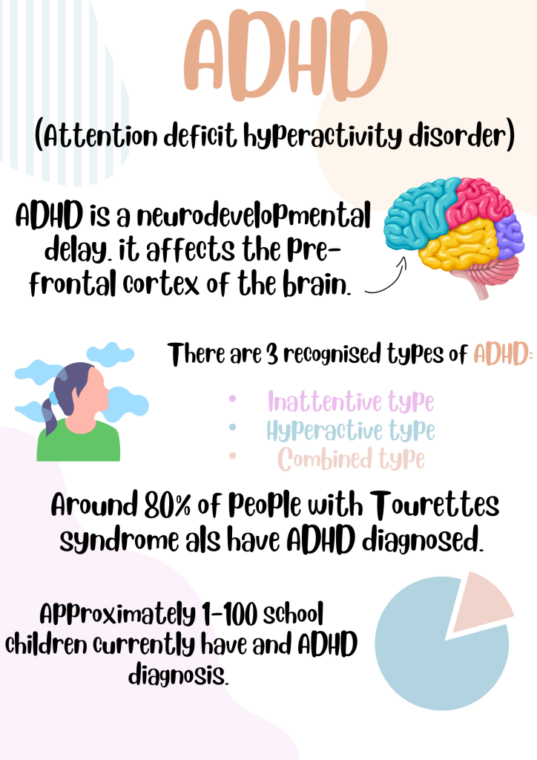
ADHD Treatment Methods: Medication and Its Effects
One of the main treatment methods for ADHD is medication. Central nervous system stimulants are commonly used and effective, improving self-control and alleviating symptoms. These medications can increase attention and concentration and reduce hyperactivity and impulsiveness. However, medication treatment should be decided based on individual circumstances, considering side effects and long-term effects.
Non-medication Treatments: Behavioral Therapy and Lifestyle Management
Non-medication treatments for ADHD include behavioral therapy and lifestyle management. Behavioral therapy involves parents and patients working together to learn appropriate rules, reward systems, and self-regulation skills. Lifestyle management includes maintaining a regular routine, sufficient sleep, balanced nutrition, and exercise. These non-medication treatments can be used alongside medication for a comprehensive treatment effect.
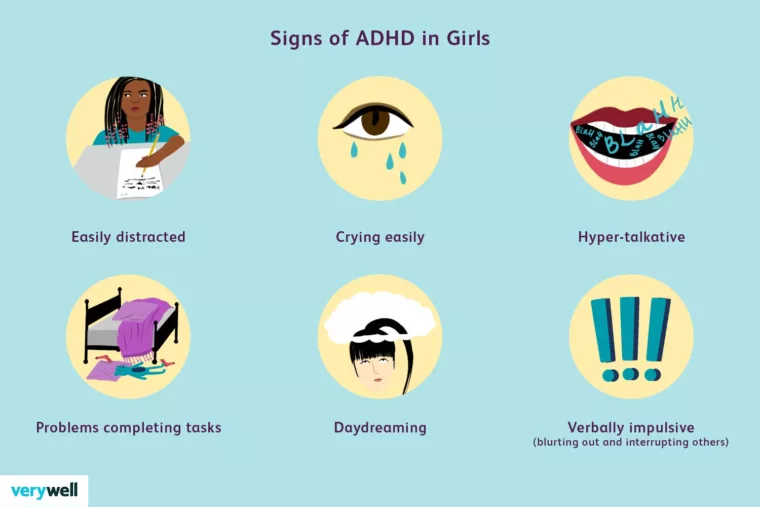
Educational Approaches and Support for ADHD Patients
Educational approaches and support for ADHD patients are important. Schools should provide individualized learning plans and apply educational methods that can improve attention and concentration. At home, parents and patients should cooperate to create a learning environment and utilize resources to improve self-regulation skills. Educational approaches and support can greatly assist in successful academic and social life.
Differences in Diagnosis and Management for Adult ADHD
ADHD affects not only children and adolescents but also adults. There are some differences in diagnosing and managing adult ADHD. Adults may experience symptoms differently than children, and symptoms of ADHD can overlap with other neurological and mental health disorders. Therefore, diagnosing and managing adult ADHD requires expert evaluation and a collaborative approach.
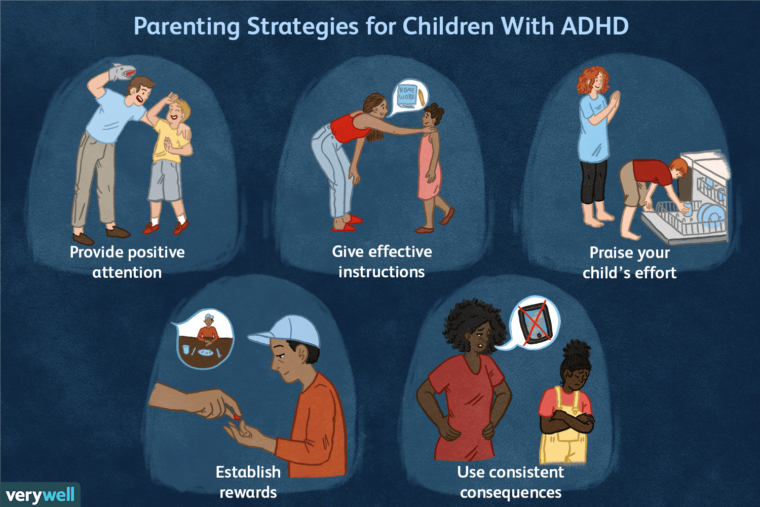
Long-term Strategies and Preventive Measures for ADHD Management
Effective management of ADHD requires long-term strategies and preventive measures. Maintaining a regular routine and rules is important. Sufficient sleep, balanced nutrition, regular exercise, and support and cooperation from family and schools are crucial, along with regular treatment and evaluation. Long-term strategies and preventive measures should be tailored to individual circumstances, requiring expert advice and cooperation.
If you’ve understood everything about ADHD from diagnosis to treatment, ADHD patients and their families can receive better support and management. ADHD is a treatable condition, and with proper treatment and management, symptom relief and functional improvement are possible. Utilizing various treatment methods and resources can help improve the quality of life for those with ADHD. 💪🧠